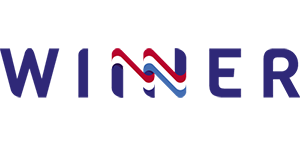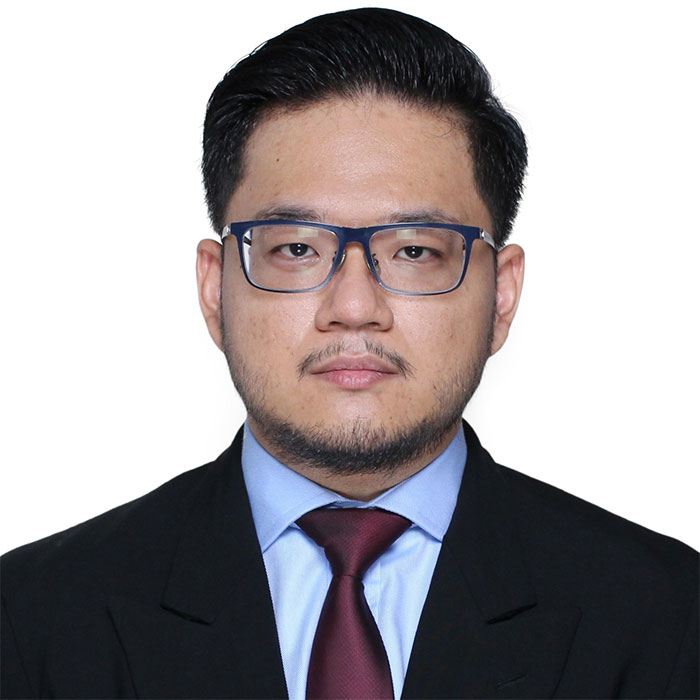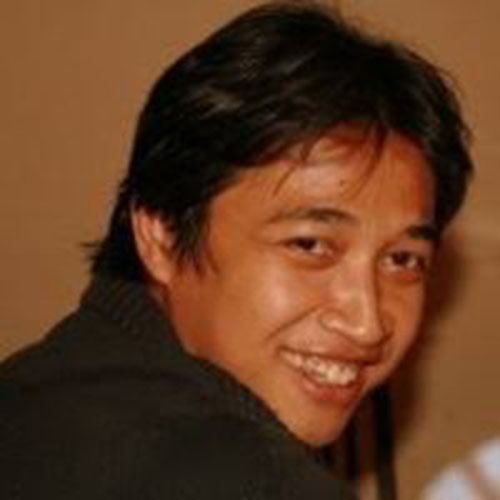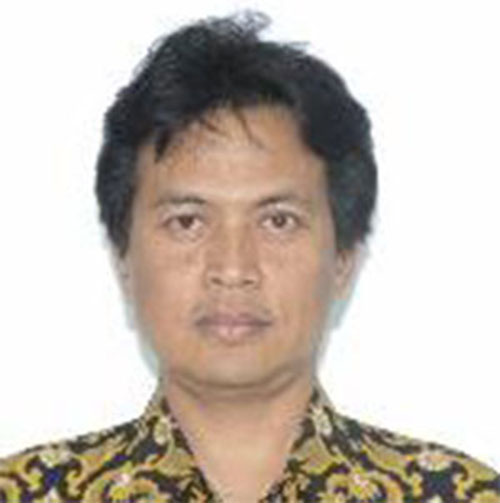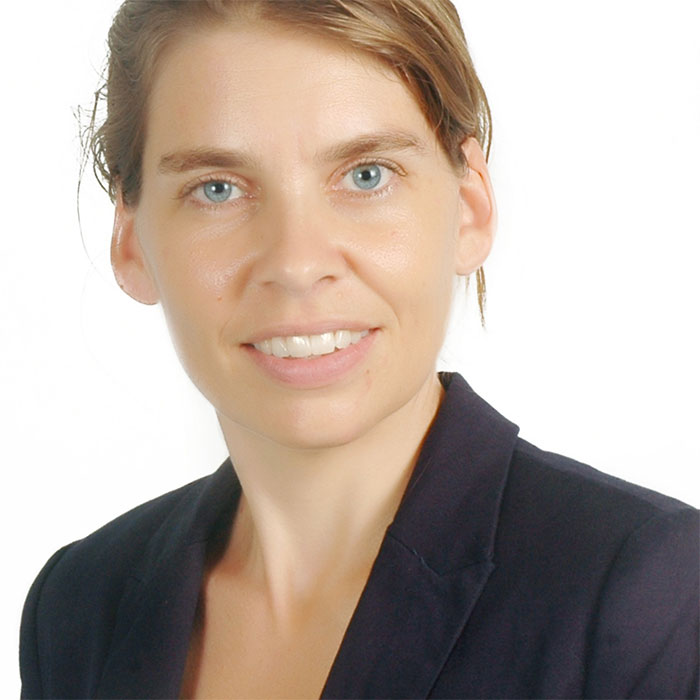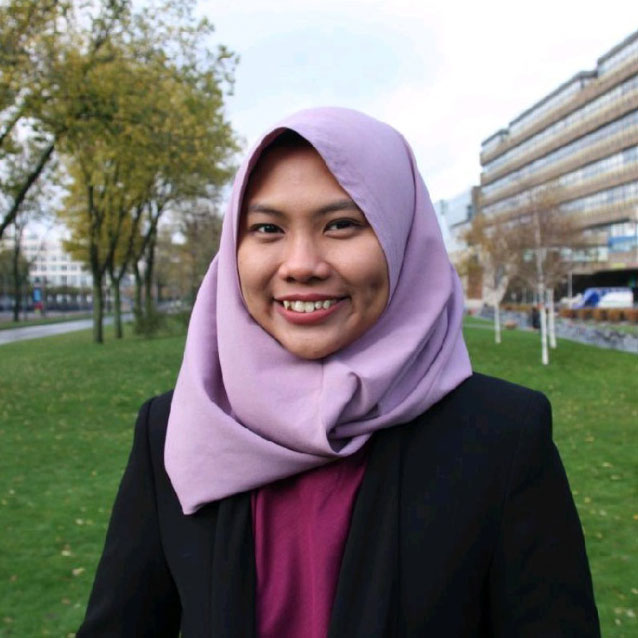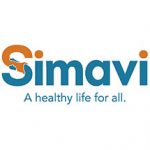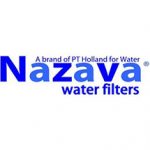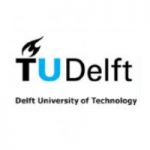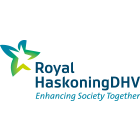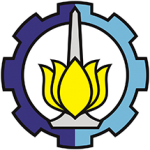Factors Influencing WASH Services in Rural Indonesia
Speakers
Event Details
Unsustain water, sanitation, and hygiene (WASH) services is still a challenge in many rural areas in Indonesia. This affects the achievement of the Sustainable development goal 6 in Indonesia. Moreover, there is increasing recognition of the complexity behind the sustainability WASH services in developing countries. That is mainly due to many factors at play and they are often interconnected to each other.
The Dutch Water Alliance (DWA) introduced five principles of sustainability: Financial, Institutional, Environment, Technical and Social (FIETS). It is believed that the WASH services will sustain if these five principles are taken into account in all WASH projects and services.
This session aims to explore the interconnection between those five principles, i.e., how those factors influence each other and identify the most critical factor, i.e., which factor heavily influences others and needs special focus.
Following discussion, all participants will present knowledge gaps in the WASH implementation in Indonesia. This could guide future WASH-related research in Indonesia. We invite WASH field practitioners, Dutch NGOs and private companies, local institutions, national government agencies, and researchers who have been involved in various water and collaborative sanitation projects.
